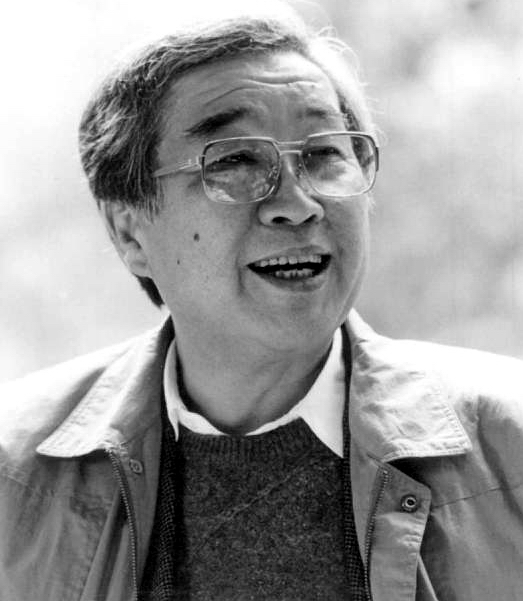|
|
| Imamura, Shohei
 |
Date of birth
15 September 1926, Tokyo, Empire of Japan
Date of death
30 May 2006, Tokyo, Japan
Mini biography
Shohei Imamura (September 15, 1926 – May 30, 2006)
Shōhei Imamura (15 September 1926 – 30 May 2006) was a Japanese film director. His main interest as a filmmaker lay in the depiction of the lower strata of Japanese society.
A key figure in the Japanese New Wave, who continued working into the 21st century, Imamura is the only director from Japan to win two Palme d'Or awards.
In 1965, Imamura established his own production company, Imamura Productions. His first independent feature was a free adaptation of a novel by Akiyuki Nosaka, The Pornographers (1966), which is nowadays regarded as one of his best-known films in the West.
“I show true things using fictional techniques but maintaining truthfulness — that's where my approach differs from Ozu. He wanted to make film more aesthetic. I want to make it more real. He aspired toward a cinematic nirvana. When I was his assistant, I was very opposed to him, but now, whilst still not liking his films, I'm much more tolerant. As for me, I'd like to destroy this premise that cinema is fiction.”
In 1967, he followed with the pseudo-documentary A Man Vanishes, which, while following a woman searching for her missing fiancé, increasingly blurred the line between non-fiction and fiction. His 1968 film Profound Desires of the Gods investigated the clash between modern and traditional societies on a southern Japanese island. One of Imamura's more ambitious and costly projects, this film's poor box-office performance led to a retreat back into smaller productions, causing him to direct a series of documentaries over the next decade, often for Japanese television.
History of Postwar Japan as Told by a Bar Hostess and Karayuki-san, the Making of a Prostitute were two of these projects, both focusing on one of his favorite themes: Strong women who survive on the periphery of Japanese society. Two others followed Japanese ex-soldiers in Malaysia and Thailand reluctant to returning home, and speaking openly about their past war crimes on camera.
Imamura returned to fiction with the 1979 Vengeance Is Mine, based on the true story of serial killer Akira Nishiguchi. Two large-scale remakes followed, Eijanaika (1981), a re-imagining of Sun in the Last Days of the Shogunate, and The Ballad of Narayama (1983), a re-telling of Keisuke Kinoshita's 1958 The Ballad of Narayama. For the latter, Imamura received his first Palme d'Or at the 1983 Cannes Film Festival.
Black Rain (1989) portrayed the effect of the bombing of Hiroshima on a family years after the incident. Film scholar Alexander Jacoby discovered an uncommon, "almost Ozu-like quietism" in this film. The Eel (1997) again secured Imamura a Palme d'Or, this time shared with Abbas Kiarostami's Taste of Cherry.
Starting with The Eel, Imamura's eldest son Daisuke Tengan worked on the screenplays of his films, including Imamura's contribution to the anthology film 11'09"01 September 11 (2002), his last directorial effort. In 2002, Imamura played the role of a historian in the South Korean film 2009: Lost Memories.
Imamura died on 30 May 2006, aged 79.
Director - Selected filmography
-
SEPTEMBER 11 | 11′09″01 September 11 (2002)
-
The Eel | Unagi | うなぎ (1997)
-
Black Rain | Kuroi ame (1989)
-
The Ballad of Narayama | 楢山節考 | Narayama-bushi Kō (1983)
-
Vengeance Is Mine | Fukushū Suruwa Wareni Ari (1979)
|
|
|
| Choose an item to go there!
|
|

